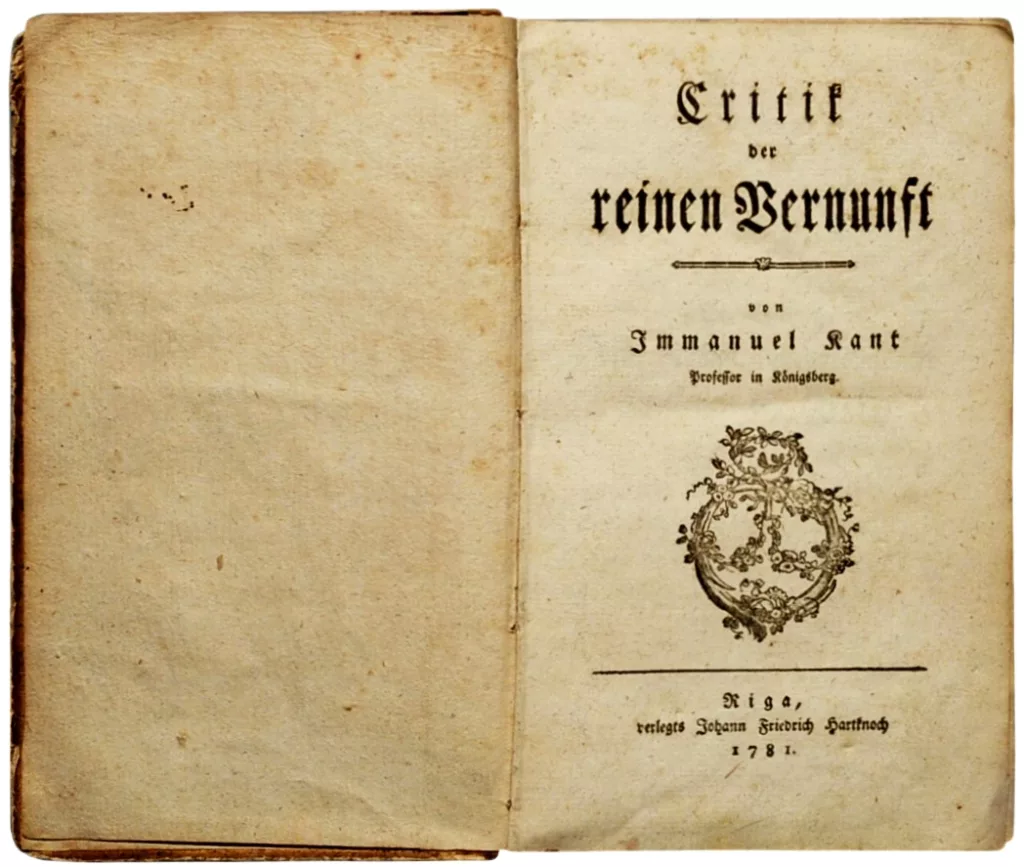There is nothing beyond that gateway.
There is nothing.
…
Even the fog this morning,
clings to the sky
Like a poster to congealed plaster.
And the words I have often heard,
They lie exhausted now,
As smears of slaked lime
Between the bricks of an old wall.
” Where am I? ”
Along avenues overshadowed by slender twigs,
even still immaterial larvae,
(embryos hanging from a few mottled petals),
Seem to be watching me from above the stars!
” Where am I as I glide blown by the breeze,
Like a leaf above a windowsill? ”
Under my steps,
A rusty gear,
creaking,
twists its paws
like a trapped spider
Between the meshes of its web.
” Who cries out within me?
Who spies the whispers of my thoughts
Before the morning restores them to consciousness? ”
” There is nothing beyond that gate! ”
Nothing. Just lawless atoms. Nothing.
Don’t ask me to push beyond this path,
Never hope for my courage (exhausted),
And do not console yourself with the lydian chanting of your verses.
I know them all inside out,
full of rhymes,
Often ampulous, euphonious, immote,
(they look like swaying gondolas),
often cracked to hint at a faint glow;
But where is your word ever,
Where is your logorrheic “Word”
That so rambles and charms
Between the broken lintels of an (invisible) hut?
Where is it?
Beyond that rot that sometimes, for a crumb, pretends to be alive?
” It is hidden like a woodworm. And it will dig you up. It will dig you up! ”
you said… Yes, I remember that.
Just this, you repeated as silence enveloped you!
And I, placated, succumbed to sleep,
Uncovering the back and sluggish legs,
So that even the air would penetrate my flesh.
But there is nothing! Nothing!
I saw the grinding face of that gloomy broken record!
I leaned over the balustrade! (Far beyond the limit you indicated to me !)
And there is really nothing…
What in dreams, though vivid, appeared so smoky.
is clear now,
As crystalline as the contours of new skyscrapers,
Scratched in a fury on a cerulean theater background.
…
White is the memory. Pale.
White is the intercourse that so often supersedes
(In the purplish waning of all pretended spirited caste).
White is even the dark footprint of that doorway:
once wide open,
once torn from its cast-iron hinges,
Once left there, wounded, limping,
Next to the pile of winter missals,
Get ready in line for the (glorious) noon stake.
…
I am tired tonight.
Overly reluctant to vigor.
(Strangely) devoid of that insulting eagerness to will.
Who never gets bored of subjugating (me complacent),
With that bewitched longing
To observe me intent on believing
That deep down, (beyond the slime), something is there….
Glimpse again,
(this is perhaps my sentence ever issued),
Where darkness is not,
Where the light is not,
Where the gaze to rest will have to erect its altars:
Algid white altars where the sacrifice,
Perhaps at the dawn of an ever-changing day,
(maybe),
Will wear out.
I am tired tonight,
(while again planting the three nails without hesitation).
Tired. Off.
And I still await those who can perhaps explain to me
Because of the Sun, they were never enough
Those robes of arterial and free energy:
those reverberating echoes
Among branches crumpled by arthritis,
increasingly severe,
slower and slower,
getting older and older.
There is nothing.
Sine die.
…
Beyond the dust clouds,
only stretches,
immense,
Of deafening monotony…
…A monotony that now speaks to me, without rest.
Deposited for legal protection with Patamu: certificate
A brief note on philosophical atheism and agnosticism
Atheism and agnosticism have evolved significantly throughout history, shaped by the arguments advanced by eminent thinkers. The philosophical evolution of atheism can be traced back to ancient Greece when philosophers such as Epicurus and Democritus questioned the existence of gods based on rational inquiry and scientific principles. In the modern era, figures like Friedrich Nietzsche and Bertrand Russell further developed atheistic thought by challenging traditional religious beliefs and advocating a more secular worldview.

On the other hand, agnosticism emerged as a response to the uncertainties surrounding the existence of deities. Thinkers like Thomas Huxley and Immanuel Kant played a crucial role in shaping agnostic philosophy by emphasizing human knowledge’s limits in determining a divine being’s existence. Agnosticism recognizes the limits of human understanding and refrains from making definitive statements about the existence or nonexistence of gods.
These philosophical perspectives continue to be debated and discussed, with contemporary thinkers adding new dimensions to the discourse on atheism and agnosticism.
If you like this poem, you can always donate to support my activity! One coffee is enough!


